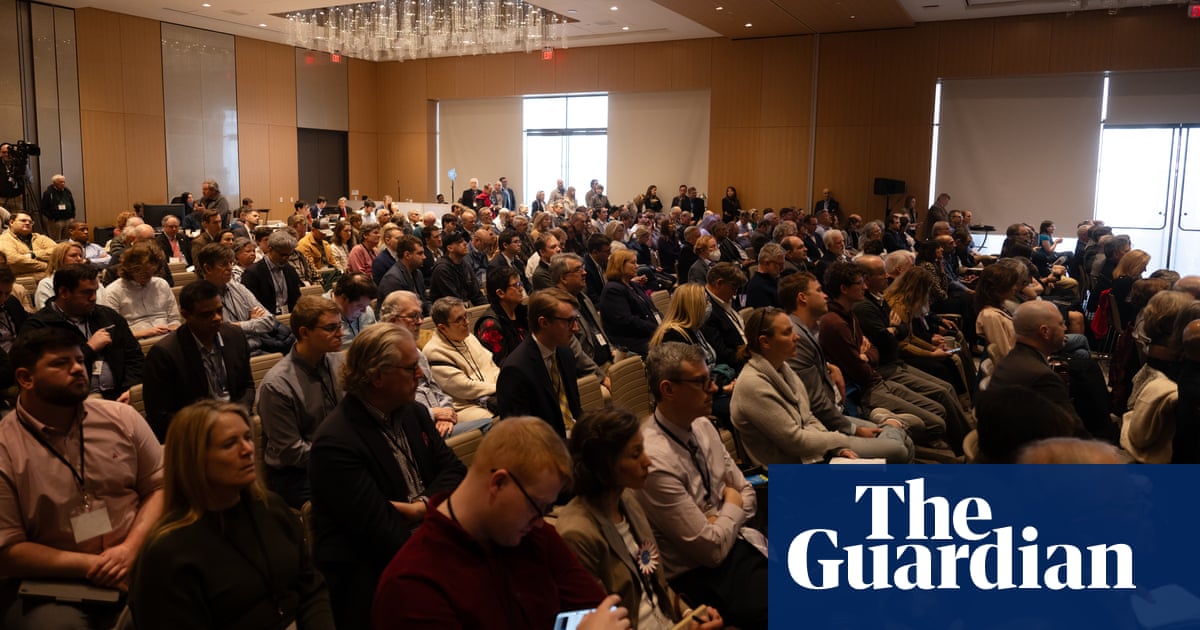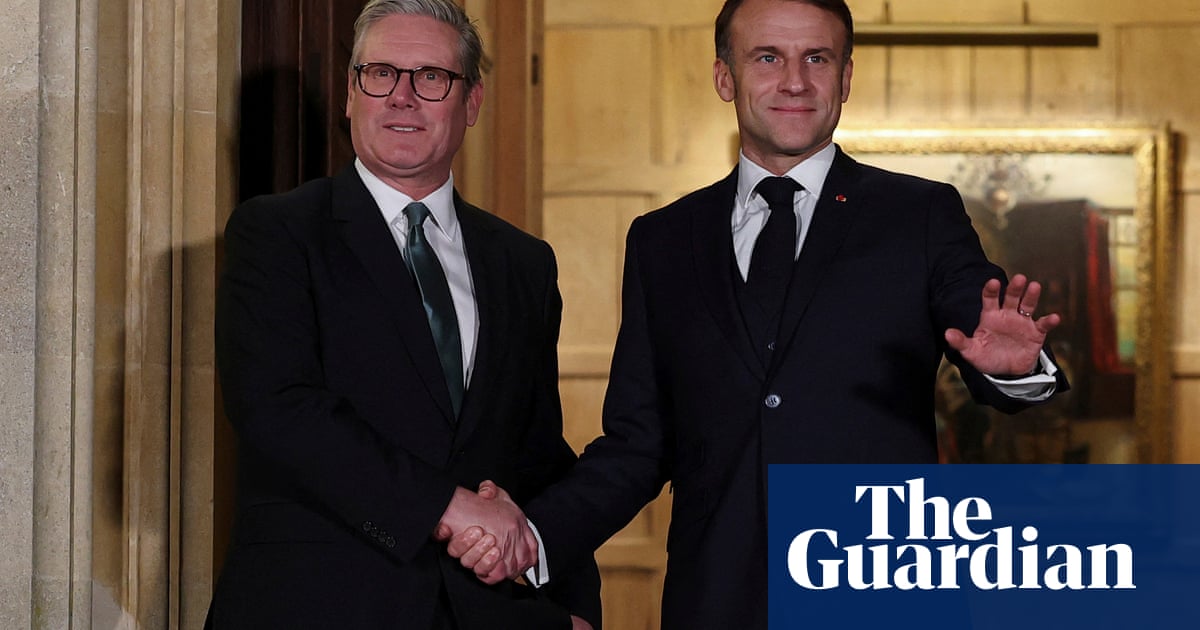The French government has promised to scrap proposed tax increases on electricity as it scrambles to calm the far right and prevent a political crisis that could lead to the prime minister, Michel Barnier, being toppled in a confidence vote as early as next week.
“I’ve decided not to raise taxes on electricity,” Barnier told Le Figaro on Wednesday in a major concession to opposition parties who are threatening to bring down the unpopular government over its belt-tightening budget.
Politicians are locked in a standoff over the 2025 budget, which seeks to tackle France’s growing public deficit through €60bn (£50bn) in tax increases and spending cuts. The government could collapse as early as next week if Marine Le Pen’s far-right National Rally joins parties on the left in a vote of no confidence in parliament.
The budget row is the latest chapter in months of political tension since the rightwing Barnier was appointed by the president, Emmanuel Macron, in September to lead a minority government after a summer of political paralysis. Macron had shocked France by calling a snap parliamentary election in June that resulted in a hung parliament divided between three warring groups – the left, the centre and the far right.
In this deeply divided political landscape, the budget has yet to be approved by parliament and has been denounced by opposition on all sides. This means Barnier will probably use article 49.3 of the constitution, which allows a government to force through legislation without a vote in parliament.
Barnier could use the article to push through the social security section of the budget as early as next week. This would then allow the opposition to call for a confidence vote within days, which the government could lose. Further elements of the budget will be presented over the course of December, increasing the possibility of the government falling by Christmas.
Barnier took to the evening TV news this week to warn of “extremely serious and turbulent conditions on financial markets” should that happen.
On Wednesday the foreign minister, Jean-Noël Barrot, told the TV channel CNews: “At a time when war is on our doorstep, when the planet is in turmoil, when China and the United States want to outpace us … those who make the decision to overthrow Barnier’s government and deprive France of a budget will be responsible for the mess and disorder.”
The balance of power now lies with Le Pen, whose anti-immigration party is the biggest single opposition force in parliament and essentially props up the administration by so far refraining from joining its leftwing rivals in a vote of no confidence. The National Rally, which has gained electoral support from voters struggling with the cost of living, has sought to present itself as a source of stability against the chaos that followed Macron’s snap election, and until now it has been keen not to be seen to be responsible for plunging France into crisis with a government collapse.
But in recent days it has changed tack and piled pressure on Barnier, saying any rises to taxes on electricity are unacceptable.
It said that if the government did not do more to shield households, small businesses and pensioners from the budget squeeze, it would consider backing a no-confidence vote alongside the left’s alliance of parties, which includes Jean-Luc Mélenchon’s La France Insoumise, the Socialists, the Communists and the Greens.
Le Pen wrote in Le Figaro this week that if the government fell, there would not be a catastrophic “shutdown” and that her party would not accept being made “scapegoats for the incompetence of governments unfit for debate and compromise”.
Le Pen’s party president, Jordan Bardella, said on Wednesday that the National Rally had won a “victory” when Barnier scrapped the rise in tax on electricity.
Le Pen’s growing pressure on the government comes as she faces her own legal problems. Widely seen as the frontrunner in the 2027 presidential race, she now faces the possibility of being barred from running in that election after prosecutors sought a mandatory five-year ban from public office for her alleged role in embezzling EU parliament funds to pay staff in France. She denies the allegations. A verdict and sentence will be handed down by judges in March 2025.
Sacha Houlié, an independent MP who broke away from Macron’s party, said Barnier’s “docile compliance” with Le Pen’s party’s demands was “as sad as it is dangerous”.
An Ifop-Fiducial poll for Sud Radio this week found 53% of French people want Barnier’s government to fall because they are angry about his proposed budget. An Elabe poll for BFM TV found 63% felt Macron should resign if Barnier’s government fell.
Macron, whose second and final term ends in 2027, has previously ruled out resigning.

 2 months ago
53
2 months ago
53













































